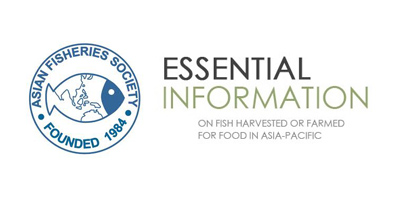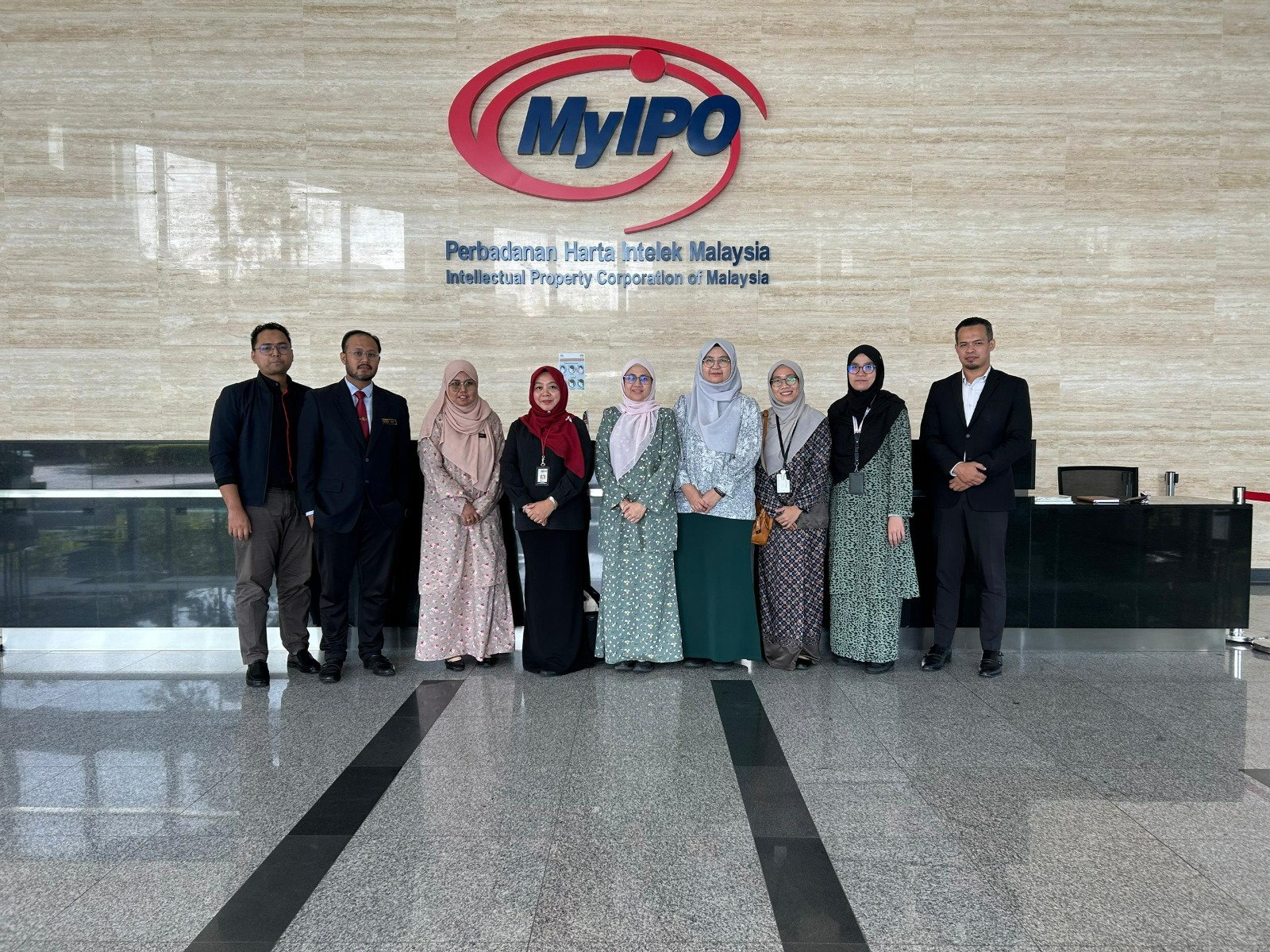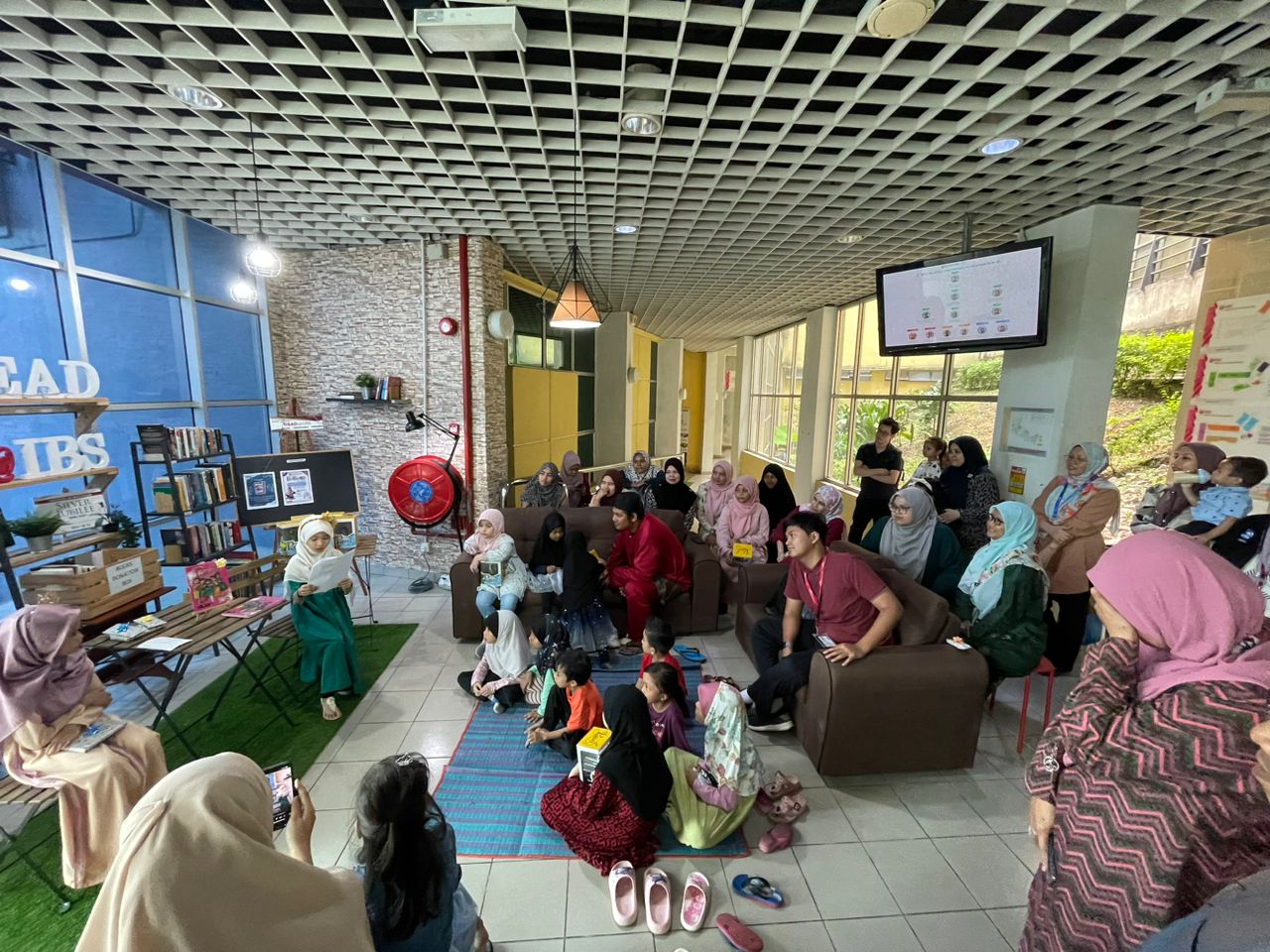
AsiaPacific-FishWatch breaks information barriers
Two-thirds of the world’s fish are harvested or farmed in the Asia-Pacific region, yet information on the fish is often difficult to find, piecemeal and confusing. The Asian Fisheries Society and its partners set out to break through this critical information barrier by creating AsiaPacific-FishWatch. “We are bringing together essential and authoritative information on who produces the fish, how they are produced, processed, traded, and eventually end up in the diets of people all around the world,” said the President of the Asian Fisheries Society, Professor Huang (President of Shanghai Ocean University, China). “In this project, we welcome feedback from the public and experts, and collaboration from many partners.”
AsiaPacific-FishWatch (https://www.asiapacfish.org/) is developing profiles of the most important types of fish and shellfish produced in the Asia-Pacific region, covering the seas, rivers, lakes and farms of the western and central Pacific ocean and the Indian ocean. The profiles are comprehensive and cover sustainability, production, supply chains, environment and climate, and biology. “Our aim is to explain Asia-Pacific fish products for consumers, the general public, fish exporters and importers, development agencies, fisheries managers and scientists,” according to Dr Meryl Williams, the project director .
The project is launching with the profile of the region’s skipjack tuna fisheries, and will soon be followed by profiles of yellowfin, bigeye and albacore tuna that are in the final stages of preparation. The skipjack fisheries are among the largest fisheries in the world. The western and central Pacific skipjack fishery supplies the majority of the fish for the world canned tuna market. Susan Jackson, President of the International Seafood Sustainability Foundation (ISSF) explained: “Skipjack schools make up the last remaining truly robust commercially fished stocks of tuna in the world, and protecting this species is especially vital to the economies of nations in the Asia-Pacific region. In order to build consensus around proactive, sustainable management measures for any species of fish, we must have open-access to the wealth of scientific data that exists. Cataloguing this information also helps us to identify voids, which ultimately promotes improved fishery data collection.”
All information in AsiaPacific-FishWatch is reviewed by the top experts in each commodity and subject. It is non-partisan and does not engage in advocacy. Its content emphasizes information relevant to sustainability and people in the supply chain.
Background Information
Website: https://www.asiapacfish.org/
Twitter: @AsiaPacFish
For more information Contact:
Dr Meryl J Williams, Director AsiaPacific-FishWatch, asiapacific.fishwatch@gmail.com Lead agency:
Asian Fisheries Society, https://www.asianfisheriessociety.org/
c/o Laboratory Marine Biotechnology, Institute of Bioscience
Universiti Putra Malaysia, 43400 UPM Serdang, Selangor, MALAYSIA
AFSF
Tarikh Input: |
Kemaskini: 05/10/2018 | mfareeq
PERKONGSIAN MEDIA














.jpeg)





